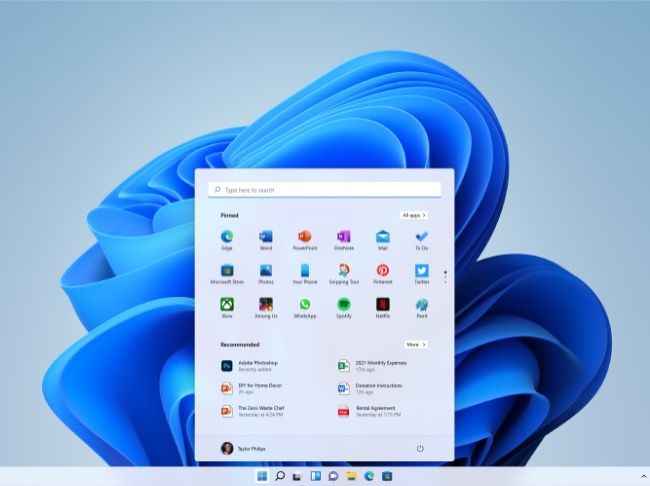Microsoft Windows 11 will officially support only PCs from the last three to four years. After receiving a lot of flak for stricter-than-usual requirements for Windows 11, Microsoft has reevaluated if Intel’s 7th generation and AMD Zen processors can be added to the list of supported CPUs, and it has mostly stood by its initial restrictions.
Microsoft has now added support for Intel Core X-series, Xeon W-series, and select Intel Core 7820HQ, but most of the 7th gen Intel CPUs and AMD Zen processors didn’t make the cut.
Minimum requirements to run Windows 11 now include: CPUs: Intel Core X-series, Xeon W-series, and select Intel Core 7820HQ, Eighth-gen or newer Intel Processors, Zen 2 or newer AMD processors, and Snapdragon 850 or newer Qualcomm SoCs. GPUs: Compatible with DirectX 12 or later with WDDM 2.0 driver RAM and Storage: 4GB RAM and 64GB storage TPM 2.0 support (most supported CPUs have it) UEFI, Secure Boot capability High definition (720p) display that is greater than 9” diagonally, 8 bits per colour channelThe PC Health Check app has been updated to support the latest requirements.

Until now, most of the stringent requirements for Windows 11 including TPM 2.0, Secure Boot, and virtualization support had more to do with security than actual performance. However, it looks like including older PCs could also lead to some major stability issues
In a new blog post, Microsoft explains its system requirements in a bit more detail and made a compelling case based on stats from the insider program. Devices that didn’t meet the minimum requirements had 52% more kernel mode crashes, whereas the supported devices had a 99.8% crash-free experience.
The rationale to leave these PCs behind makes sense since Windows automatic updates would then be a huge inconvenience for average consumers who just want a stable PC experience.
Also Check: Microsoft Windows 11 Public Beta is now available to install
Some unsupported PCs can still get Windows 11 using ISOPCs with unsupported CPUs but with minimum hardware support - 64-bit 1GHz processor with two or more cores, 4GB of RAM, and 64GB of storage - will still be able to get Windows 11 on their own risk. Users will have to go through the trouble of manually downloading the software using an ISO file. How and when you will be able to do that is still not known.
from Laptops News https://ift.tt/3ztFnC2
Comments
Post a Comment